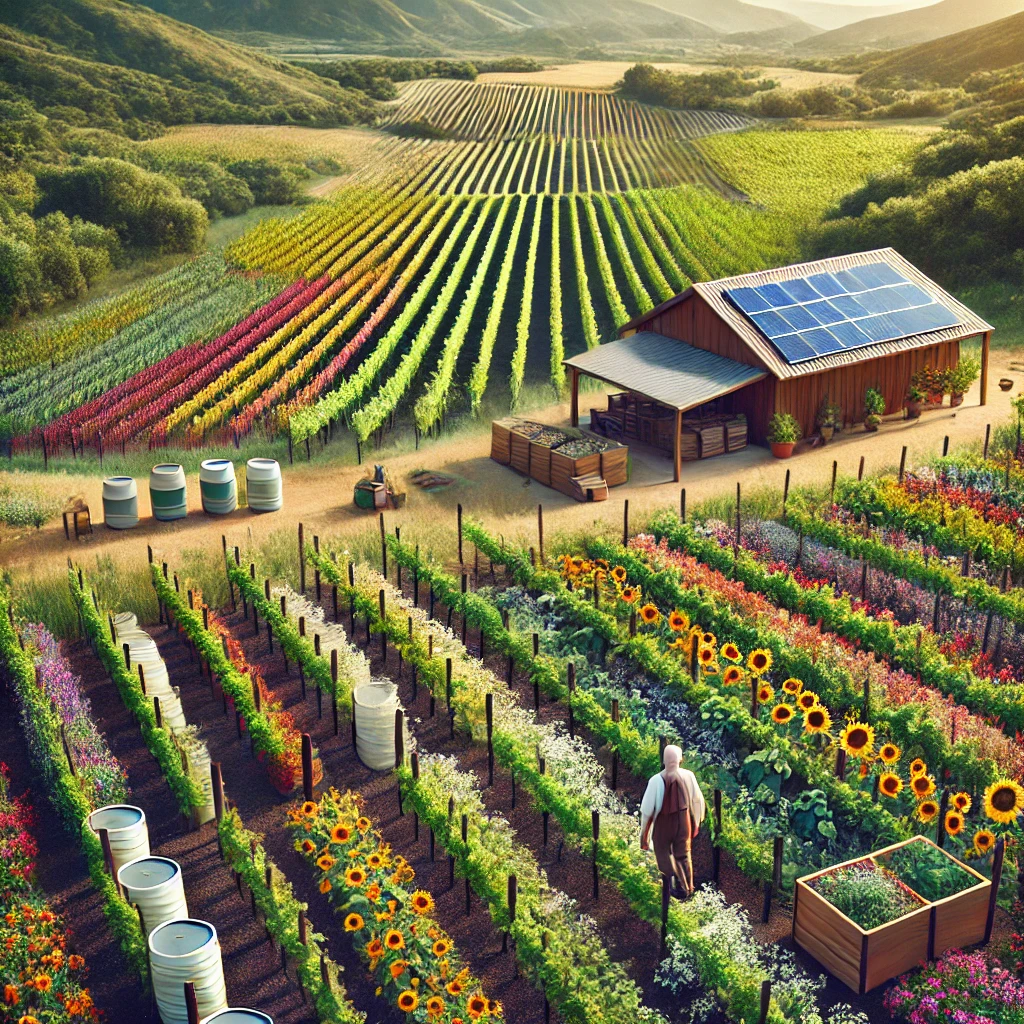How Wineries are Embracing Sustainability

Introduction:
The wine industry is undergoing a transformation as more wineries adopt sustainable practices to protect the environment and meet consumer demand for eco-conscious products. From vineyard management to packaging, here’s how wineries are leading the way in sustainability.
1. Regenerative Farming Practices
Many sustainable wineries are turning to regenerative agriculture, which improves soil health and biodiversity. Techniques like planting cover crops, reducing tillage, and using natural compost create a thriving ecosystem that supports grape quality and longevity.
2. Renewable Energy in Winemaking
Solar panels, wind turbines, and geothermal systems are becoming common at eco-friendly wineries. These renewable energy sources power facilities while significantly reducing carbon emissions.
3. Water Conservation Techniques
Water is a precious resource in winemaking, and sustainable wineries are using innovative methods like drip irrigation and rainwater harvesting to minimize waste. These systems ensure efficient water use while protecting local ecosystems.
4. Sustainable Packaging Solutions
Beyond the vineyard, wineries are adopting eco-friendly packaging, such as lightweight glass bottles, cork closures from renewable sources, and recyclable labels. Some are even experimenting with boxed and canned wines to reduce their environmental footprint.
5. Certifications that Matter
Certifications like Certified Sustainable, Organic, and Biodynamic are markers of a winery’s commitment to eco-friendly practices. These labels help consumers make informed choices that align with their values.
Conclusion:
Sustainability in winemaking is not just about preserving the planet—it’s about ensuring that future generations can enjoy the same exceptional wines we do today. By supporting sustainable wineries, you’re contributing to a greener, more responsible industry. Cheers to wines that care for the Earth!

This is the heading
Lorem ipsum dolor sit amet, consectetur adipiscing elit. Ut elit tellus, luctus nec ullamcorper mattis, pulvinar dapibus leo.
